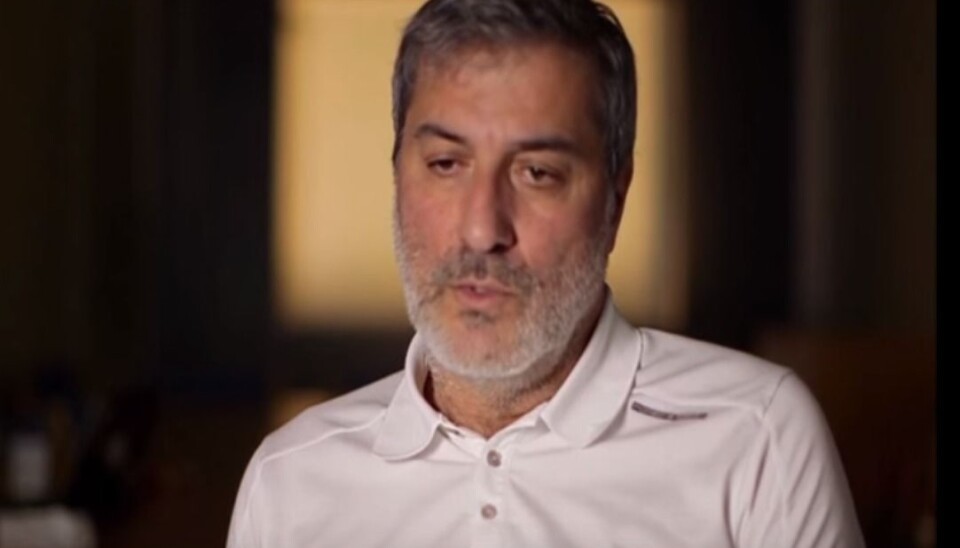
Denmark and Sweden take another look at how they investigate scientific misconduct
After a series of scandals in Nordic science, Denmark and Sweden are rethinking how they investigate allegations of academic fraud and misconduct.
A series of scandals in Nordic science in recent years has forced Denmark and Sweden to rethink how they investigate allegations of research misconduct--often referred to as academic fraud.
In November last year, the Swedish Ministry of Education and Research launched an inquiry into how other countries are handling academic fraud, and to assess the role of the independent board of reviewers who currently investigate such allegations.
Simultaneously with the launch of the Swedish inquiry, the Danish Ministry of Higher Education and Science published 12 recommendations to improve the handling of such allegations in Denmark--first by refining their definition on what actually constitutes scientific misconduct.
“A crisis of confidence in Swedish medical research”
The Swedish inquiry was launched before investigations into the alleged misconduct of surgeon Paolo Macchiarini from the Karolinska Institutet (KI), Sweden, were re-opened this year.
The allegations relate to numerous scientific papers published by Macchiarini on his research into artificial trachea implants first published in the Lancet in 2011. The research was initially hailed as a breakthrough in regenerative medicine, but this is no longer the case after six of the eight recipients have since died, reports Science Magazine.
Numerous allegations that include fabricating data and downplaying the risks of the procedure to patients were investigated by KI between 2014 and 2015. All were eventually dismissed. But extensive media coverage and a documentary series that aired this year on Swedish television, led to renewed interest in the case.
This week, KI fired Macchiarini, citing conduct and research that is incompatible with a research position at KI.
“He has acted in a way that has had very tragic consequences for the people affected and their families. His conduct has seriously damaged confidence in KI and for research in general,“ says KI human resources manager Mats Engelbrektson in a statement.
Macchiarini has since dismissed the decision in a comment to Nature magazine. "I have instructed lawyers and will be taking immediate steps to restore my reputation,” he told Nature.
Concerns were voiced prior to Macchiarini case
The case was officially reopened in February 2016, following a statement by The Royal Swedish Academy who referred to a “number of shortcomings and ethically indefensible working methods” that have led to “a crisis of confidence in Swedish medical research.”
Maria Wästfelt, a spokesperson from the Division for Research Policy, Swedish Ministry of Education and Research denies that the new inquiry is in any way related to the Macchiarini case.
“The investigation has been discussed over a long period of time,” writes Maria Wästfelt in an email to ScienceNordic, adding that the Swedish Government “has no position as to the different ongoing investigations regarding Paolo Macchiarini.”
According to Wästfelt, concerns about the current system for assessing claims of academic fraud were raised in 2013--before the Macchiarini case came to light--by the Swedish Research Council and the Association of Swedish Higher Education.
“They asked the Government to initiate an inquiry to investigate the current system and suggest an improved handling of alleged research misconduct,” she writes.
Read more: Timeline of events of the Machiarini case
Twelve recommendations to improve handling of misconduct
The findings of a yearlong inquiry in Denmark were released in December 2015 by the Danish Ministry for Higher Education and Science. Among the 12 recommendations put forward in the report, were proposals to adjust the definition of scientific misconduct and to rename this as ‘research misconduct’ in line with international practice.
This is one of the central recommendations according to the report’s lead-author and chairperson Professor Jens Oddershede, from the Department of Physics, Chemistry and Pharmacy at the University of Southern Denmark.
“The main reason for having a definition is so that you know exactly what scientific misconduct is. This is also why we changed the definition, because the one we had was a little elastic,” says Oddershede.
He refers to a misconduct case involving Danish psychologist Bente Klarlund Pedersen, in which an initial ruling of misconduct by the Danish Committees on Scientific Dishonesty (DCSD) in 2014 was subsequently overturned in the courts the following year. One of the sticking points was what constitutes scientific misconduct, says Oddershede.
“The committees had one definition and the Danish court had another definition,” he says.
Klarlund’s lawyer at the time criticised the DCSD for not having a “clear definition of what is and what is not scientific dishonesty,” writes RetractionWatch.org.
The new definition removes this ambiguity and attempts to differentiate serious misconduct from so-called questionable research practices. The latter, they say, should be investigated in-house by the university where the allegations are made.
A final decision concerning the recommendation of the Danish report will be published on the ministry’s website later this year.
The results of the Swedish inquiry are due to be published in November 2016.







